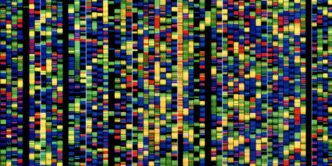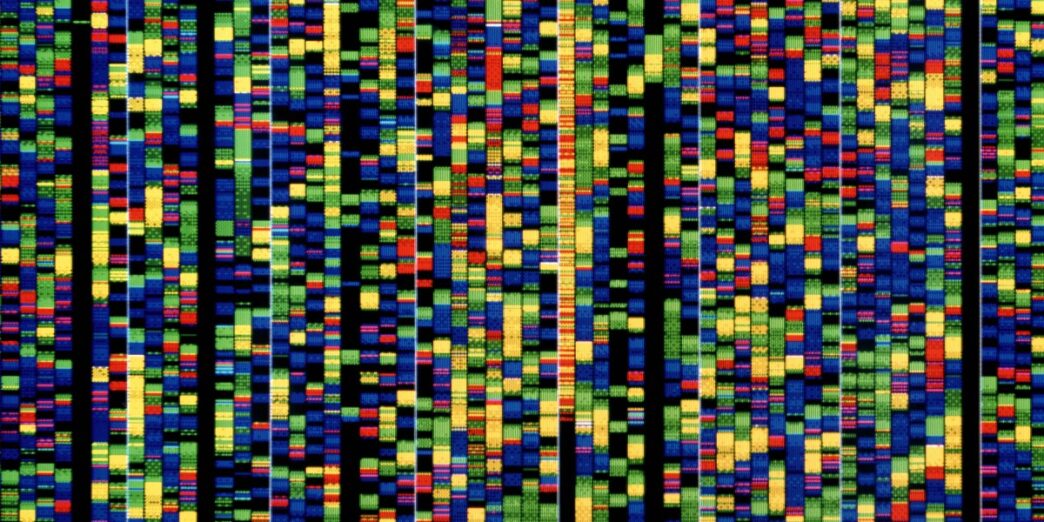Google launches AlphaGenome, a new AI tool aimed at cracking genetic mutations in rare cancers and diseases. The system uses Google’s transformer architecture, the same tech behind GPT-4, trained on massive public genetic datasets.
The company is clear: AlphaGenome isn’t for personal genome prediction. It’s designed for research labs to pinpoint mutations that cause trouble, especially in ultra-rare cases where doctors get stuck.
Julien Gagneur, a computational medicine professor at the Technical University of Munich, highlights its potential in narrowing down faulty gene expression in cancers.
“A hallmark of cancer is that specific mutations in DNA make the wrong genes express in the wrong context,” Julien Gagneur said.
“This type of tool is instrumental in narrowing down which ones mess up proper gene expression.”
AlphaGenome could also help diagnose rare genetic diseases where the underlying mutation is unknown.
Google DeepMind CEO Demis Hassabis envisions a future virtual lab and even simulated cells — and he sees AlphaGenome as a solid step forward.
Google researcher Kohli called the system a “milestone” that begins to reveal the deeper language of DNA.
“We haven’t designed or validated AlphaGenome for personal genome prediction, a known challenge for AI models,” Google stated.
Kohli added, “AlphaGenome may not model the whole cell in its entirety … but it’s starting to sort of shed light on the broader semantics of DNA.”














